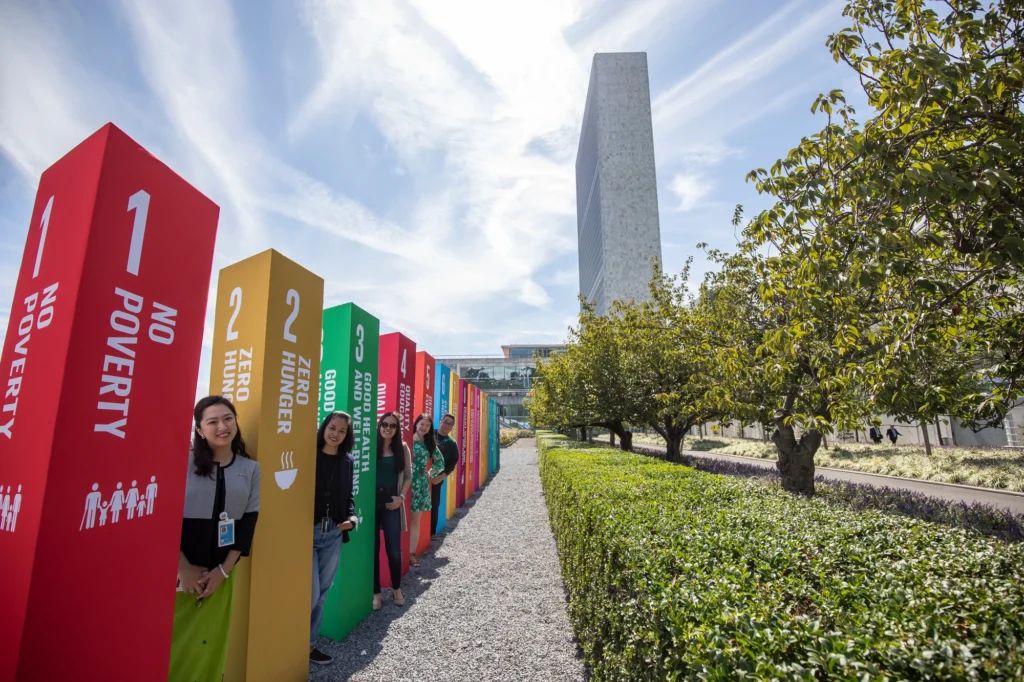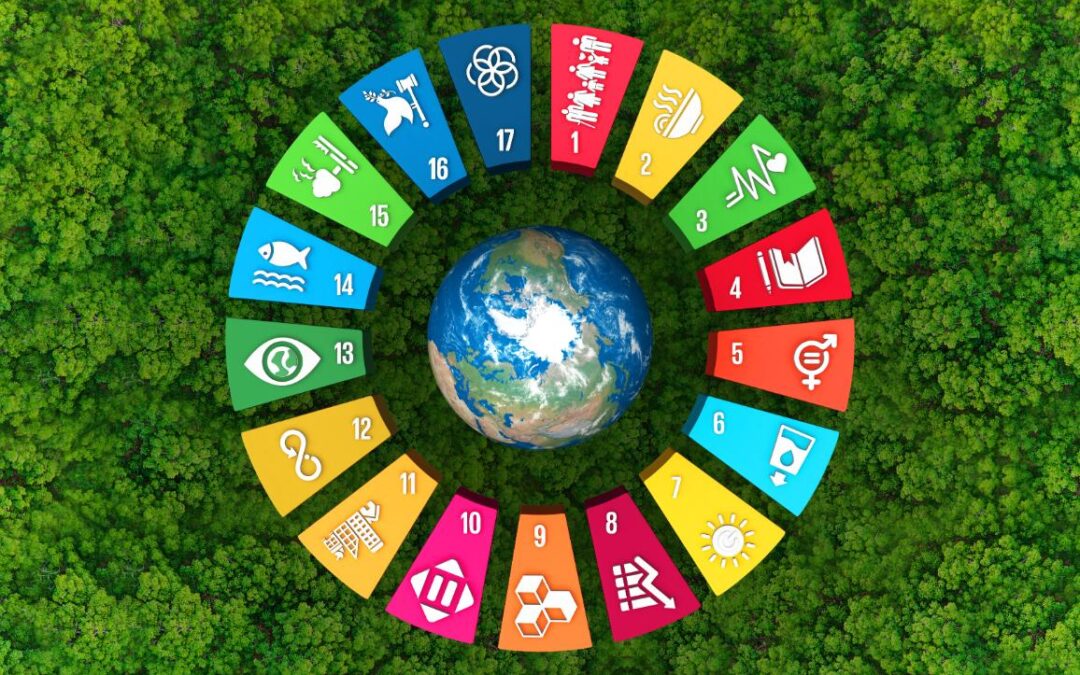In September 2015, all United Nations Member States adopted the Agenda 2030 for Sustainable Development, a universal commitment to end poverty, protect the environment, and promote prosperity for everyone. At its heart are the 17 Sustainable Development Goals (SDGs) and 169 targets, extending far beyond the scope of the Millennium Development Goals by tackling root causes of poverty and inequality .
Four Key Pillars of the Agenda
- People – Eradicating poverty and hunger; ensuring access to education, health, and equality
- Planet – Safeguarding natural resources through clean water, sustainable energy, biodiversity protection, and climate action.
- Prosperity – Promoting inclusive growth, innovation, sustainable infrastructure, and decent work.
- Peace & Partnerships – Strengthening institutions, promoting justice, fostering global partnerships, and ensuring no one is left behind.

Measurable Targets & Universal Accountability
Each of the 17 SDGs includes specific, measurable targets and indicators—e.g., ending open defecation (SDG 6), achieving gender equality (SDG 5), and ensuring decent work and economic growth (SDG 8), with global reporting platforms and the High‑Level Political Forum overseeing progress annually.
Why It Matters
- Establishes a global common agenda—rich and poor countries alike must work toward shared sustainability goals.
- Integrates social, economic, and environmental development under a single ethical framework.
- Directs international and local policy toward strategic sustainability investments—especially in infrastructure, climate resilience, and health.
Looking Ahead
With only five years left until 2030, progress is uneven: while many indicators show improvement, significant challenges remain. Continued collaboration across sectors, finance, and governance is vital to meet the Agenda’s ambitions by decade’s end.
In Summary
Agenda 2030 for Sustainable Development offers a comprehensive and interconnected roadmap to build a just and resilient future. By combining 17 SDGs, 169 targets, and universal accountability, it calls on all countries, communities, and individuals to act in unity—leaving no one and no ecosystem behind.

